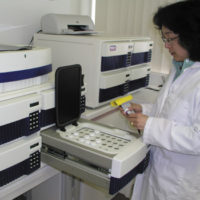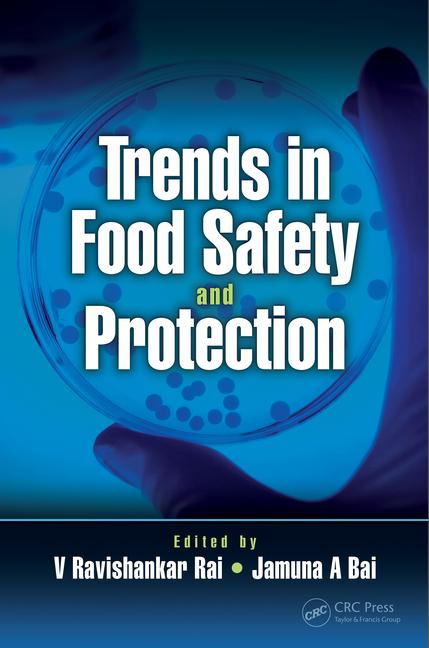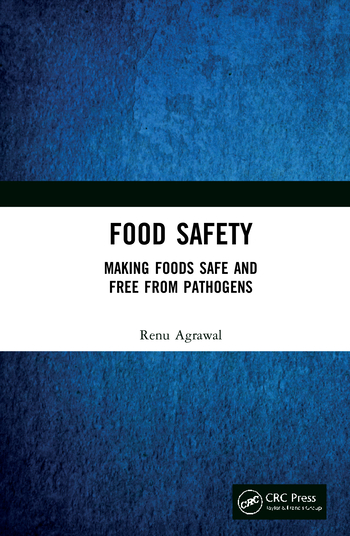Experimental Rapid Tool Can Accurately Detect Bacteria Levels in Food Before it Leaves Production Facility

Image credit: Edward Jenner via Pexels
A team of researchers from Osaka Metropolitan University in Japan have developed a foodborne bacteria detection and quantification tool that can produce results in as little as one hour, as opposed to the typical 2-day timeframe of conventional methods. The researchers hope to see their technology used to confirm the microbial safety of food products before they leave the production facility to prevent foodborne illness.
The technology can accurately determine the number of viable bacteria in food products electrochemically, using a water-soluble molecule called tetrazolium salt (MTT). The molecule is permeable to cell membranes and transforms into insoluble reduced formazan inside the cell. The amount of viable bacteria can be estimated by focusing on the reduction current of MTT remaining in suspension. By focusing on MTT’s electrochemical current response, the researchers were also able to achieve highly sensitive measurement.
According to the researchers, their new solution is easy to use and does not require expensive equipment. The team aims to optimize their tool and develop a portable sensor for industry use.
Looking for a reprint of this article?
From high-res PDFs to custom plaques, order your copy today!








